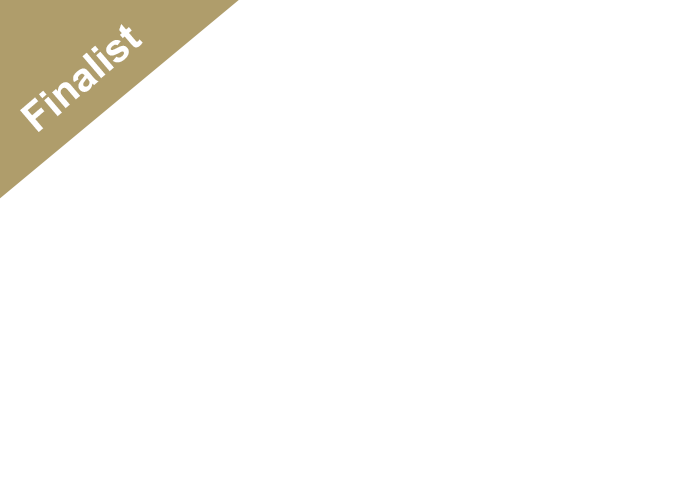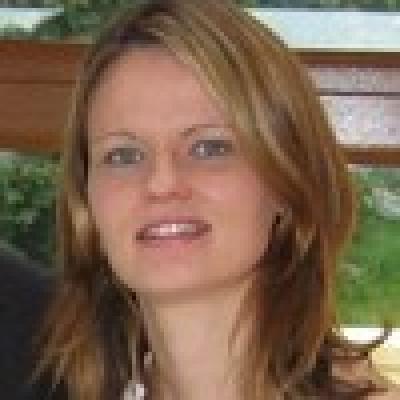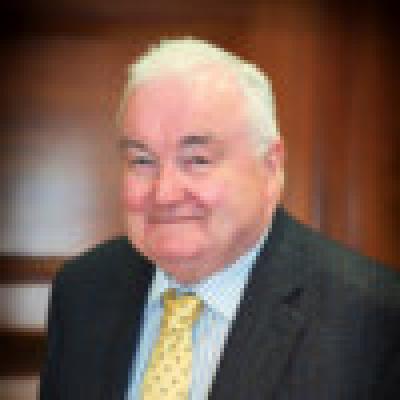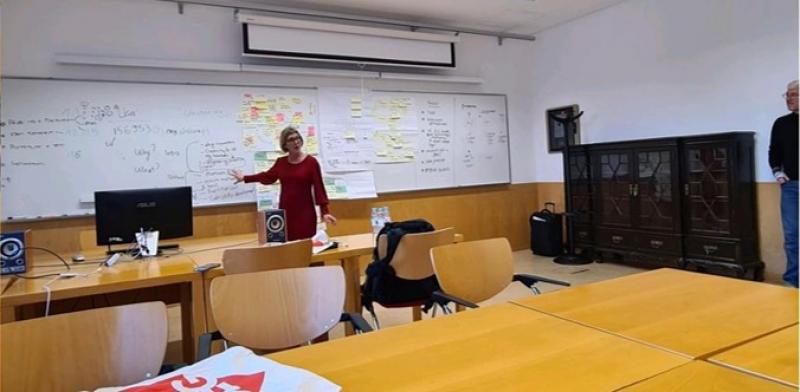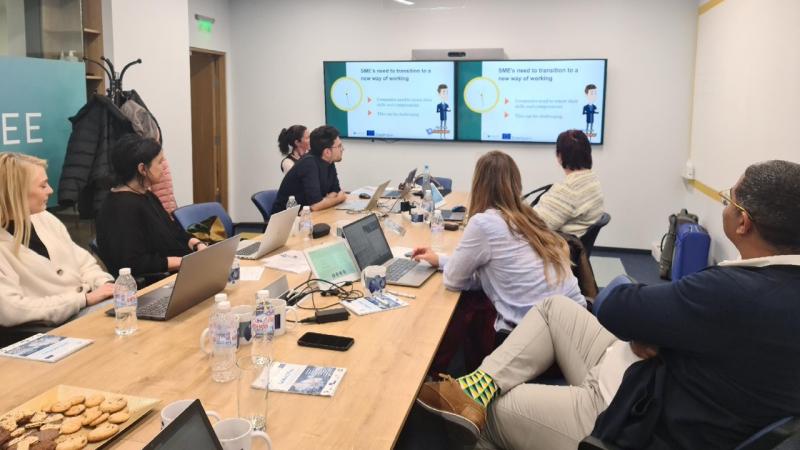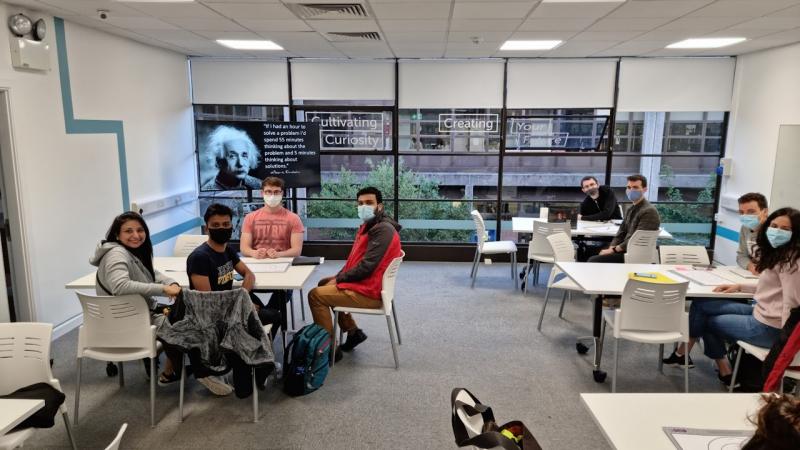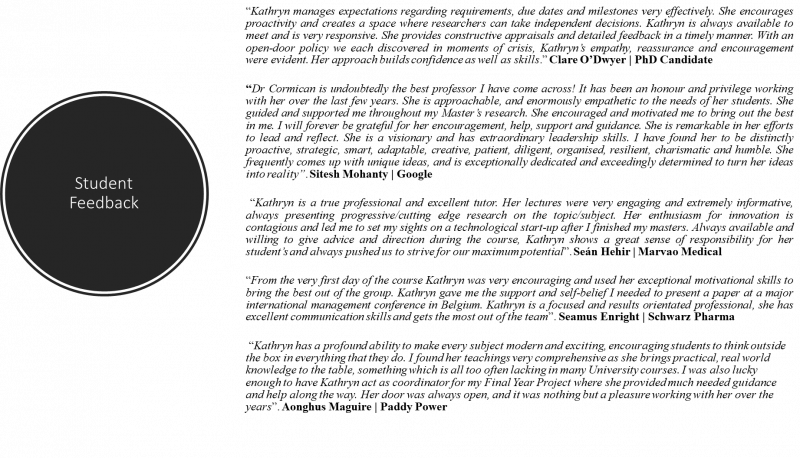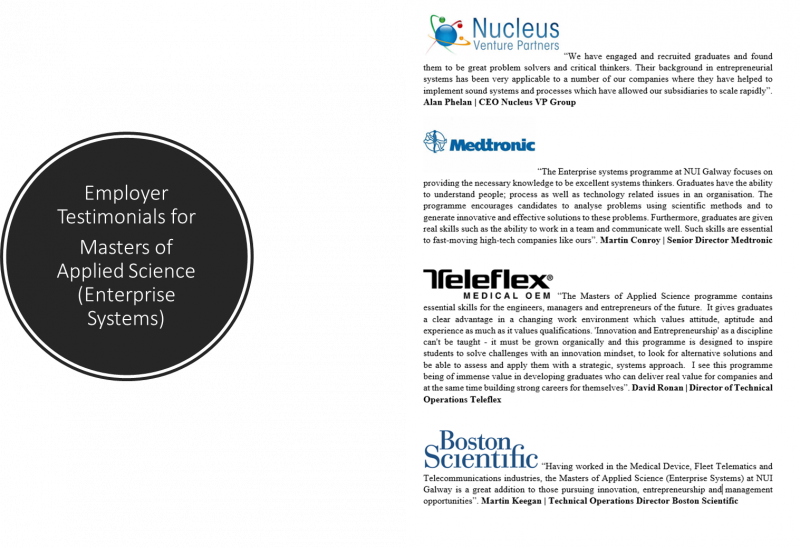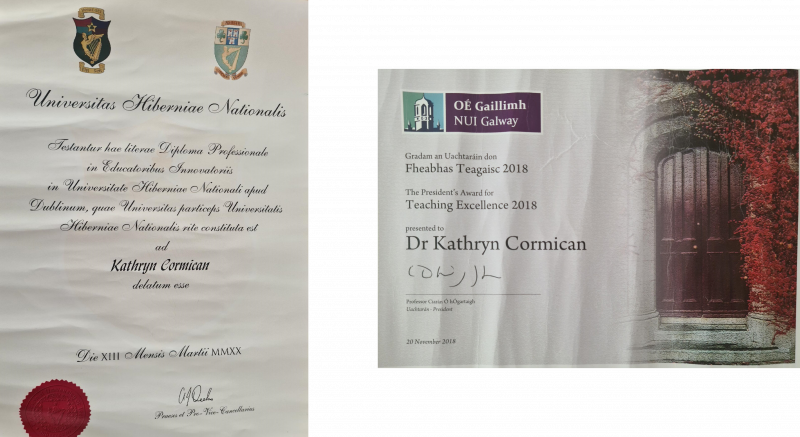Imagine trying to rewire a deeply ingrained mindset. My work focuses on a leader’s journey that attempts to enable people to shift away from a typical engineering perspective that focuses on devices and technology towards a more user-centred, entrepreneurial approach. To do this, my team and I collaborate closely with industry leaders and communities to understand real-world challenges and co-create viable solutions that meet users’ needs. This approach demands effective cross-functional collaboration. Researchers and students must work together to optimise individual competencies, cross-fertilise ideas and bridge silos to generate meaningful solutions that work for people. A three-pronged approach is used to build entrepreneurial mindsets and embed this concept.
First, I established the Enterprise Research Centre. This comprises a large multidisciplinary research team that focuses on the design, development and analysis of entrepreneurial systems. I have fostered and enabled the research team to engage in ground-breaking, significant and relevant research and we have delivered many high-impact outputs.
Second, I set up an award-winning MSc programme in Enterprise Systems specifically designed to equip graduates with entrepreneurial skills. The programme adopts a challenge-based approach and our students work with innovators, charities and organisations to design innovative solutions to solve real-world problems. It is informed by our research and provides learners with a structured collaborative process, supported by methods and tools.
Third, I developed innovative modules in the area of Technology Innovation and Entrepreneurship that are integrated and embedded into other MSc programmes thus expanding our reach. They expose graduates to an entrepreneurial philosophy and equip learners with the skills, competencies and self-efficacy required to innovate.

